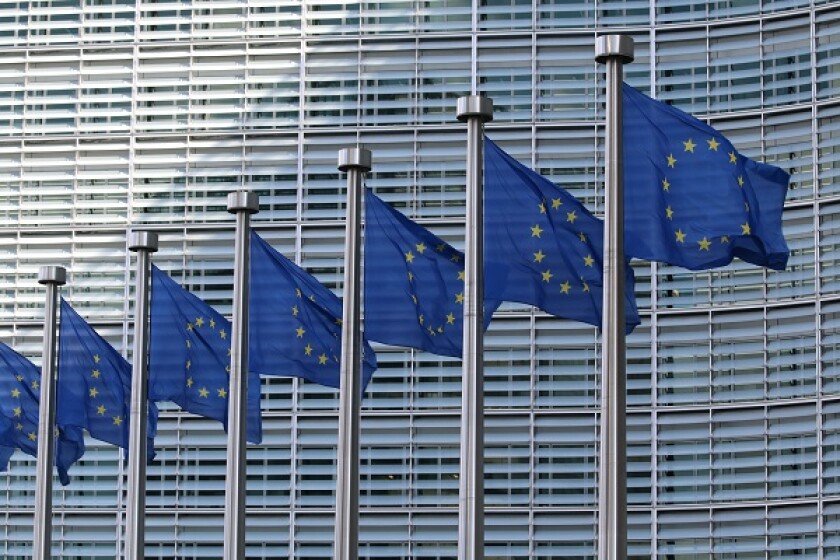On September 28 2021, the EU Commission published a report on the public consultation on the revision of the EU's pharmaceutical legislation, as part of the Pharmaceutical Strategy for Europe (Pharmaceutical Strategy), adopted in November 2020.
Such Pharmaceutical Strategy inter alia focuses on supporting a competitive and innovative European pharmaceutical industry, which should ideally go hand in hand with the strategy for innovation in life sciences and pharmaceuticals in the Commission’s Action Plan on Intellectual Property (Action Plan on IP).
In the context of the Action Plan on IP, the EU Commission underlines that is actively involved in strengthening the protection and enforcement IP rights, and recognises efficient Intellectual Property (IP) systems as being important in promoting investments, innovation, growth and business activities of EU companies. Further, the Commissioner for Trade Phil Hogan emphasised: “As much as 82% of all EU exports is generated by sectors which depend on intellectual property.”
According to the report published on the consultation, the pharmaceutical industry supports the improvement of the regulatory system and promotion of innovative manufacturing; addressing the causes for supply shortages and supply chain risk, whilst the generics industry requests increased competition, revision of procurement criteria and
IP rights.
For the pharmaceutical industry and the foodstuff industry (concerned by Regulation (EU) No. 2019/1381) the partial parallelism of the incentives put forward in the Action Plan on IP and of the planned measures set forth in the Pharmaceutical Strategy as well as partial deviations make it difficult to assess the legislative framework.
It is therefore of utmost significance to align the legislative measures on ‘supporting competitiveness, innovation and sustainability of the EU's pharmaceutical industry and the development of high quality, safe, effective and greener medicines’ with envisaged legislation to incentivise the use and deployment by small and medium-sized enterprises (SMEs) and facilitate access to and sharing of intangible assets.
There are a number of issues which have to be carefully assessed in terms of addressing pitfalls in existing legislation, for instance with respect to a unified supplementary protection certificate (SPC) grant mechanism and/or a unitary SPC title.
In the context of this example, the Commission is currently preparing an impact assessment for supplementary protection certificates for pharmaceutical and plant protection products, in the context of the Action Plan on IP, and the importance of SPCs is also mentioned in the Pharmaceutical Strategy, but only with a short reference to the Action Plan on IP.
Hence, in the revision of the pharmaceutical legislation envisaged by the Commission for Q1 2022, an alignment with amendments to IP-related legislation is of vital importance.
This assessment should have respect to concerns as to whether the increase in transparency and access is more important than keeping research confidential and IP sufficiently protected, a clear pitfall in the Transparency Regulation (Regulation (EU) No. 2019/1381). For IP related to plant varieties, which is recognised in the Action Plan on IP, such a pitfall should be avoided.
Another example of deviating interests is the proposal to impose greater ‘conditionality’ on companies to market a medicine in all EU countries.
The few examples mentioned here make evident how important it is that a comprehensive approach in the revision of pharmaceutical legislation takes into account the relationship with IP rights. And in terms of IP rights legislation, access, transparency and affordability of medicines should be aligned with improved protection mechanisms.
Dr Gisela Grabow
Principal, Maiwald












